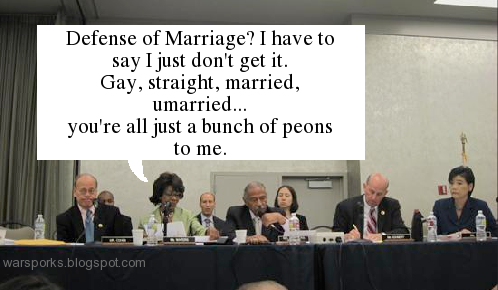Terrorists of its own, that is--a pro-U.S. "non-state-sponsored" international military/intelligence organization. Not terrorists with respect to terror, but with respect to being a non-state force.
10. To allow non-U.S. supporters who don't want to support us openly do so. They can support the pro-U.S. "Terrorists" without openly supporting the U.S.
9. To do things that need to be done that politicians are too craven to support openly.
8. To provide "plausible deniability."
7. To conduct activities that are too risky for open U.S. military involvement.
6. To keep secrets that won't be leaked by Congress and other politicians.
5. To test operational procedures and doctrine for the regular military and special forces.
4. To operate in places without the need for local political approval (overflight rights, basing rights, etc.)
3. To maintain an intact intelligence capability not subject to political upheaval.
2. To provide the enemies of the U.S. with a healthy degree of fear.
1. To have a pro-U.S. force in place, even when the U.S. government itself is not pro-U.S.
As an added bonus, a pro-U.S. international organization would provide a home for those people who share the basic founding values of the U.S., but live in a place so awful that it's better to run around in the bush with a gun, rather than live a life within the law of the land. Right now their only real options for doing this are to join an anti-U.S. organization.
Now, the idea of a "terrorist" (not) organization is just one approach to increasing the security of the U.S. There's always the alternative of electing good leaders to make the best use of the institutions that are already in place. Yeah.
Open Shower
-
*Open Shower* as well as property inner surface seriously is not always
easy to complete. There are many designs that we may employ in order to
boost our...


